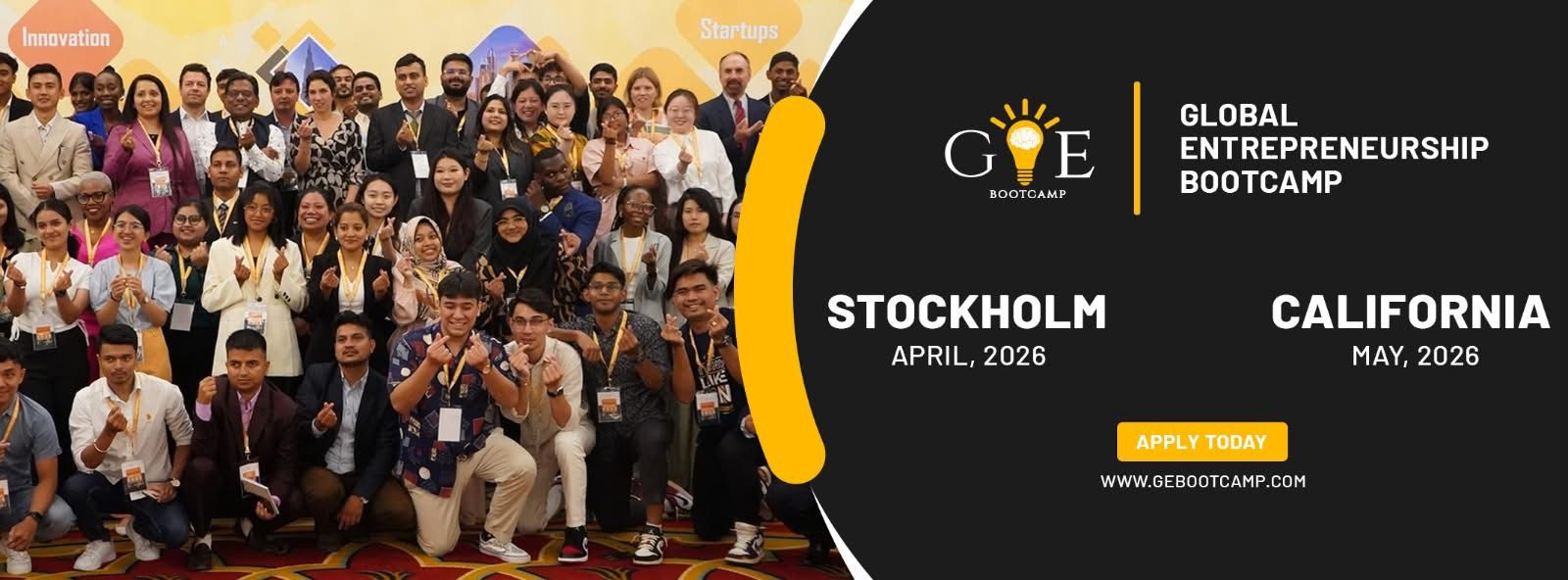
MIT Environmental Solutions Journalism Fellowships 2024
Paid
Country: USA
Details
MIT Environmental Solutions Journalism Fellowships 2024
The MIT Environmental Solutions Journalism Fellowship 2024 supports freelance and staff journalists associated with U.S. local/regional newsrooms in developing a high-impact news project that reports on how climate change and/or the shift to a low-carbon economy relates to local communities and regions, in a way that centers local messengers, values, and priorities.
Studies show that localizing climate change impacts and actions are effective ways to engage audiences in climate solutions. Yet today, climate journalism is primarily limited to national news outlets. This fellowship helps provide Americans – especially those living in areas where climate change is controversial or underreported – with well-researched reporting on what a shift to a low-carbon economy can mean for them, their communities, and their local economies.
The fellowship supports projects that:
- Report on how climate change and/or the shift to a low-carbon economy relates to their audience’s existing priorities and values;
- Focus on the newsroom’s home county(ies) or state;
- Feature lived experience and local perspectives and voices;
- Clearly indicate the applicant deeply understands their audience and local concerns;
- Are investigative or explanatory;
- Produce a longform feature or a series of a minimum of 4 shorter pieces;
- Will open local conversations about climate change solutions and empower their audience in engaging with this issue; and
- Have received a commitment from a local/regional news outlet to publish the feature.
Check: BBC News Komla Dumor Award 2024 (Fully-Funded to the UK )
Fellowship
- The Fellowship is designed to enable Fellows to work on the project over a four-month period while still maintaining their regular employment and/or other contracts. Fellows will receive 50% of the stipend in advance and 50% upon publication of their project, though applicants should specify if this will present a hardship.
- Fellows will also be awarded up to $5,000 for project-related expenses and will have significant discretion with how to use these funds. Acceptable expenditures include relief from daily newsroom duties, project-related travel expenses, multimedia development, transcription or relevant translation services, attending conferences or workshops to build subject-specific knowledge, or contracting with an outside journalism resource such as a data journalist or sensitivity reader. Funds may not be used to pay family members for any of these services. Itemized receipts must be kept, submitted to, and approved by the MIT Environmental Solutions Initiative.
Also Check: UNWTO 4th Global Gastronomy Tourism Startup Competition 2024
Eligibility for MIT Environmental Solutions Journalism Fellowships
- They welcome applications from staff writers of U.S. newsrooms, or freelance journalists who are affiliated with a newsroom, and who want to tackle an ambitious project by themselves, as a newsroom-wide undertaking or as a collaboration with other media outlets in their communities.
- Newsrooms can include newspapers, news magazines, broadcast stations, digital news outlets, and investigative journalism organizations. Writers employed by or writing for think tanks, lobbying groups, or advocacy groups are not eligible.
- They look for applicants with proven journalism experience, proven ability to report and execute a complex project in their proposed medium, and a strong background or reporting experience in the subject.
- They are committed to working with rural, hydrocarbon-producing and marginalized communities across the United States and we will ask judges to keep this in mind when selecting Fellowship placements.
You should check out: GenScript Life Science Research Grant Program 2024 | up to 100,000 USD |
Application of MIT Environmental Solutions Journalism Fellowships
The application includes the following:
- Resume/CV;
- One page cover letter introducing yourself, your proposed project and qualifications to execute it, and why you are seeking fellowship support;
- A letter of recommendation and commitment from a news editor who pledges that the news outlet will publish your feature/series (see below);
- Up to three samples of your best and most relevant work, published during the past 24 months; and
- A two- to three-page project proposal outlining your project. Please include:
- Your plan for incorporating the required project features listed above;
- A description of who and what size is your audience;
- How the project will engage Americans in parts of the country where climate change is disputed, controversial or underreported, in a way that is new or novel;
- What kinds of expertise, information/data, and multimedia content you would like to have access to/include;
- Disclosures on any potential conflicts of interest you may have;
- A proposed budget for the $5k expenditure; and
- Encouraged but optional: what an audience engagement component would look like.
Specifications
| Type of Opportunity | Scholarships and Fellowships |
|---|---|
| Deadline | 28 April,2024 |
| Country | USA |
| Organizer | Environmental Solutions Initiative (ESI) |
| Contact the organizer | [email protected]. |
Related
Sidebar
Fully Funded International Scholarships 2026 by Aga Khan Development Network: Study Abroad for Fu...
Ericsson Connect NextGen Hackathon 2026: Free Global Startup Accelerator with Mentorship and Funding
Bayer Foundation Scientific Fellowships 2026: €10,000 Funding for International Research Opportun...
